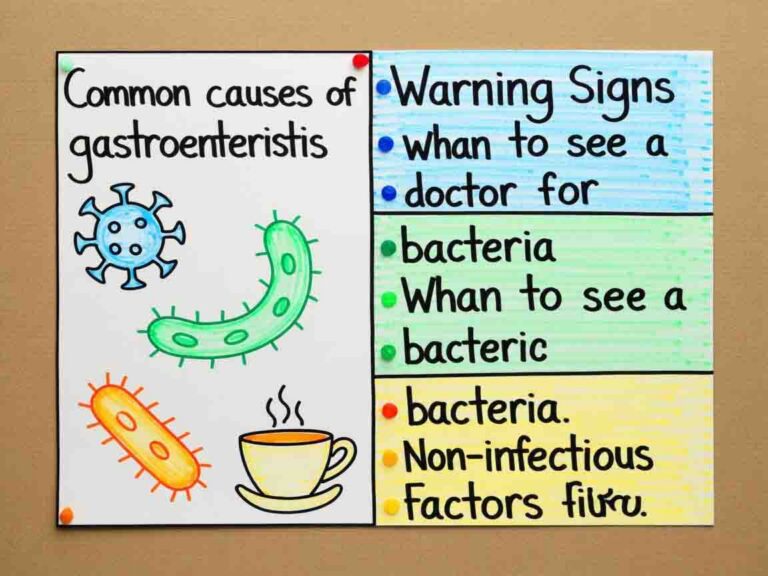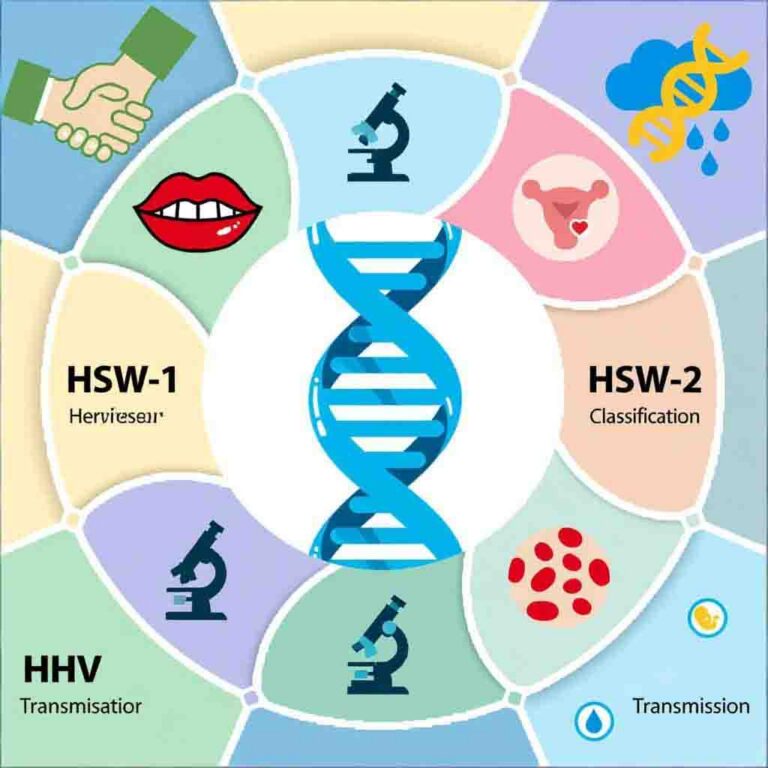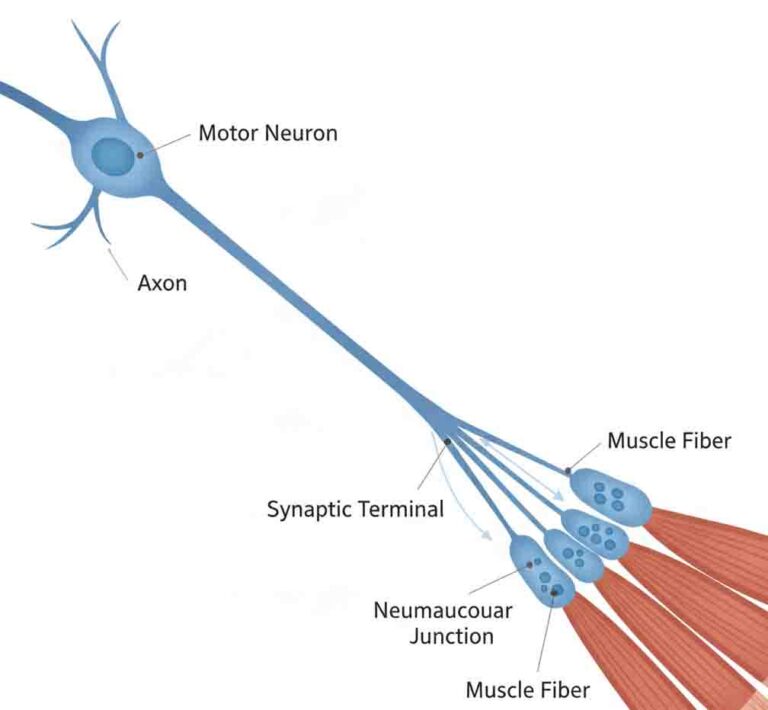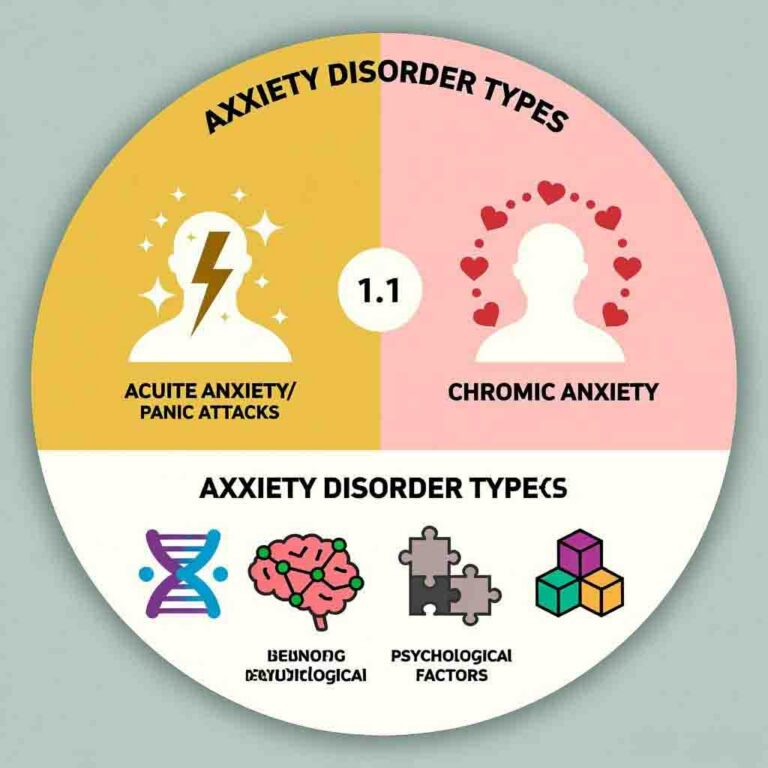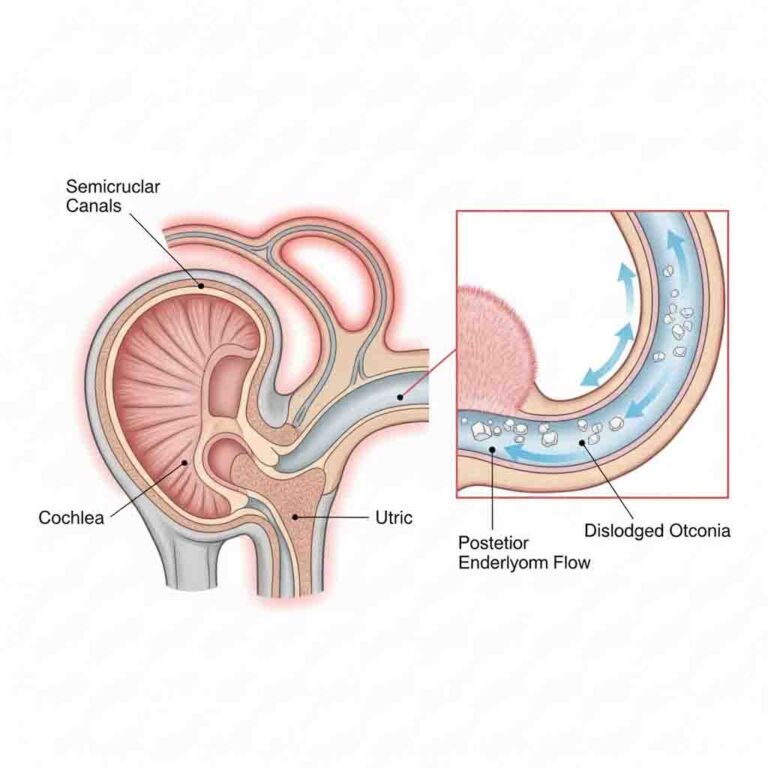Clinical Definition
Heart palpitations are defined as the subjective awareness of cardiac activity, often described as a “fluttering,” “pounding,” or “skipped beat” sensation. While frequently benign (associated with hyperadrenergic states or premature complexes), palpitations can be the presenting symptom of significant cardiac arrhythmias, including Atrial Fibrillation (AF), Supraventricular Tachycardia (SVT), or Ventricular Tachycardia (VT). Differential diagnosis requires distinguishing between cardiac, metabolic (e.g., Thyrotoxicosis), and psychogenic etiologies.
Clinical Coding & Classification
| System / Category | Code(s) | Description |
|---|---|---|
| ICD-10-CM | R00.2 | Palpitations (Symptom code) |
| ICD-10-CM | I49.1 / I49.3 | Premature atrial contraction (PAC) / Premature ventricular contraction (PVC) |
| ICD-10-CM | I48.91 | Unspecified atrial fibrillation |
| CPT (Diagnostic) | 93224 | External electrocardiographic recording up to 48 hours (Holter Monitor) |
| CPT (Surgical) | 93653 | Comprehensive electrophysiologic evaluation with ablation of SVT |
Epidemiology & Statistics
Palpitations are the second most common reason for referral to cardiologists, accounting for approximately 16% of visits. While the etiology is cardiac in 43% of cases and psychiatric in 31%, benign Premature Ventricular Contractions (PVCs) are ubiquitous, detected in up to 75% of healthy individuals during 48-hour ambulatory monitoring.
Pathophysiology (Mechanism)
The sensation arises from alterations in cardiac rate, rhythm, or contractility:
1. Increased Automaticity: Enhanced firing of the SA node or ectopic foci (due to catecholamines, caffeine, or hypokalemia) leads to sinus tachycardia or ectopic beats.
2. Post-Extrasystolic Potentiation: A premature beat (PVC) is often followed by a compensatory pause. The subsequent beat has increased ventricular filling and contractility (Frank-Starling law), which is felt as a “thud” or strong beat.
3. Re-entry Circuits: Abnormal conduction pathways (e.g., AVNRT) cause rapid, regular tachycardia.
Standard Management Protocols
Management follows a diagnostic hierarchy to rule out structural heart disease.
- Diagnostic Modalities:
- Ambulatory ECG Monitoring: Holter monitors (24-48h) for frequent symptoms; Event Loop Recorders (ELR) or Patch Monitors (e.g., Zio) for infrequent symptoms.
- Echocardiography: To assess structural integrity (e.g., Mitral Valve Prolapse, Cardiomyopathy).
- Pharmacological Classes:
- Beta-Blockers: (e.g., Metoprolol, Bisoprolol) First-line for symptomatic relief of sinus tachycardia and PACs/PVCs.
- Calcium Channel Blockers: (e.g., Diltiazem) Rate control for supraventricular arrhythmias.
- Antiarrhythmics: (e.g., Flecainide) Reserved for structurally normal hearts with documented arrhythmia.
- Interventional Procedures:
- Catheter Ablation: Radiofrequency or Cryoablation is curative for re-entrant tachycardias (SVT, Atrial Flutter).
Healthcare Resource Utilization
The evaluation of palpitations drives significant utilization of outpatient cardiac diagnostics:
- Remote Monitoring: Increasing use of mobile cardiac telemetry (MCT) and wearable technology (smartwatch ECGs) for arrhythmia detection.
- ER Presentations: High volume of low-risk chest pain/palpitations visits, necessitating efficient triage protocols to avoid unnecessary hospitalization.


